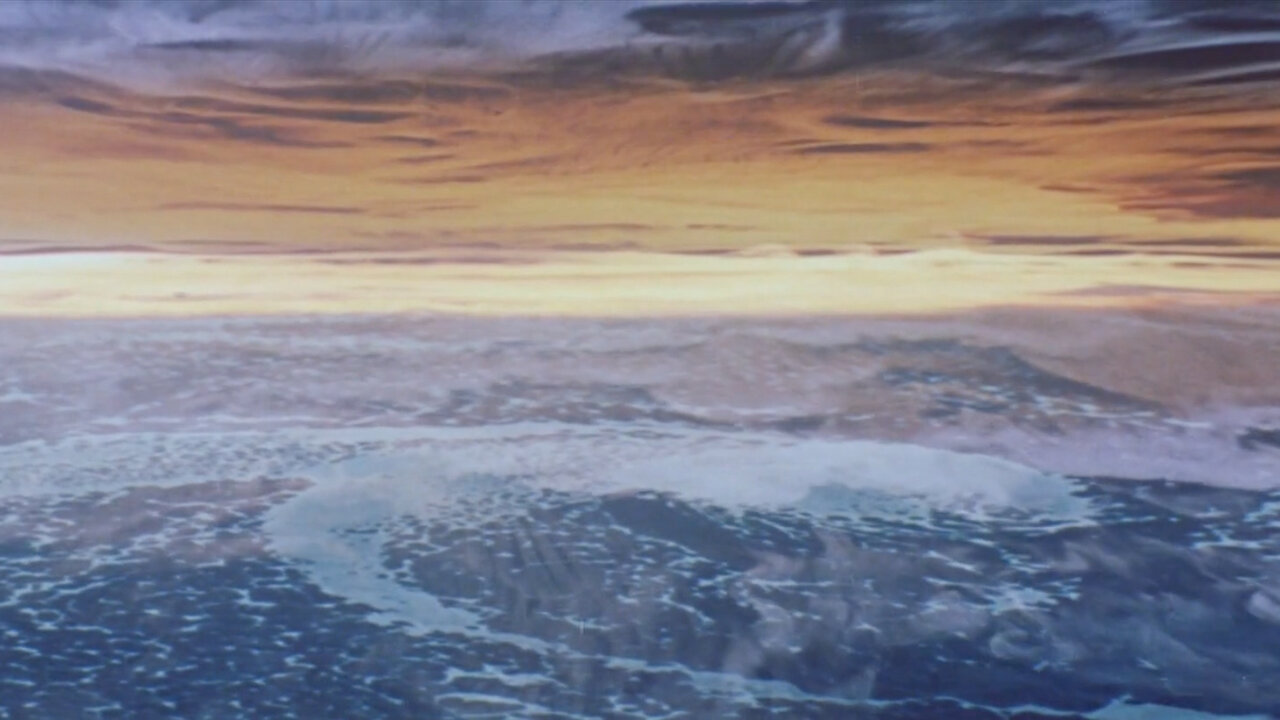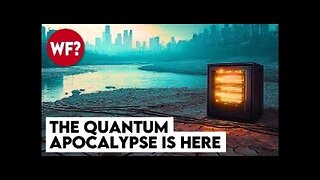Premium Only Content

The Mystical Cinematic World of Andrei Tarkovsky and Rudolf Steiner's Anthroposophy, Part Two
Part Two: Rudolf Steiner's Influence on Andrei Tarkovsky: Unveiling Spiritual Dimensions
In this second part of our two-part audio essay, we delve deeper into the spiritual and philosophical influences that shaped Andrei Tarkovsky's cinematic vision. Explore the profound impact of Rudolf Steiner's anthroposophy on Tarkovsky's films, revealing how Steiner's teachings on spiritual evolution, symbolism, and the integration of art and spirituality resonate throughout Tarkovsky's work. From the metaphysical journeys in "Stalker" to the reflective symbolism in "Mirror," discover how Steiner's philosophy enriched Tarkovsky's portrayal of the human condition and the quest for higher meaning. This exploration uncovers the intricate layers of Tarkovsky’s films, offering a deeper understanding of his unique artistic legacy.
Sources
• Tarkovsky, Andrei. Sculpting in Time. University of Texas Press, 1989.
• Gianvito, John. Andrei Tarkovsky: Interviews. University Press of Mississippi, 2006.
• Skakov, Nariman. The Cinema of Tarkovsky: Labyrinths of Space and Time. I.B. Tauris, 2012.
• Freeman, Arthur. Cinema and the Spiritual Quest: Andrei Tarkovsky's Films and the Influence of Rudolf Steiner. University of California Press, 2002.
• Vida, Catherine. Symbolism in Tarkovsky's Cinema: The Influence of Steiner's Anthroposophy. Routledge, 2005.
• Hunt, Nathan. Art and Consciousness: Tarkovsky's Philosophical Cinema. Palgrave Macmillan, 2010.
• Daley, Michael. Nature and Mysticism in Tarkovsky's Films. Indiana University Press, 2001.
• Green, Peter. Andrei Tarkovsky: The Winding Quest. Macmillan, 1993.
• "Andrei Tarkovsky - Biography." IMDb.
• "Andrei Tarkovsky - Wikipedia." Wikipedia.
• "Andrei Tarkovsky - Biography." Britannica.
-
 5:44
5:44
Dangerous reads
6 months agoThe Mystical Cinematic World of Andrei Tarkovsky and Rudolf Steiner's Anthroposophy, Part One
1261 -
 31:54
31:54
The Why Files
5 days agoThe Quantum Apocalypse: All Your Secrets Revealed
70.2K59 -
 7:05:17
7:05:17
Sgt Wilky Plays
7 hours agoSaturday Hangout and Games
39K2 -
 8:23:23
8:23:23
DeadMan88
9 hours agoWGT Golf Road to Master
30.1K2 -
 1:35:04
1:35:04
Winston Marshall
2 days ago“This Wasn’t Accidental!” Maajid Nawaz SPEAKS OUT on R*PE Gangs and The REAL Cover-Up
108K61 -
 23:46
23:46
barstoolsports
9 hours agoSurviving Barstool Drama Spills Over Into The Office | Stool Scenes
74.9K3 -
 5:11:58
5:11:58
Shield_PR_Gaming
11 hours ago01/18/25. Let's chill with MMORPG and then some shooters!! Read Description! You know you want to!!
51.4K2 -
 1:09:39
1:09:39
Tactical Advisor
9 hours agoTrump Inauguration & New Gun Releases | Vault Room Live Stream 014
47.5K5 -
 11:27
11:27
Adam Does Movies
22 hours ago $6.83 earnedWolf Man Movie Review - Does It Bite?
71.1K12 -
 11:57
11:57
inspirePlay
1 day ago $13.12 earnedLongest Drive Wins! Elite Long Drivers Battle in Par 4 Elimination
130K17